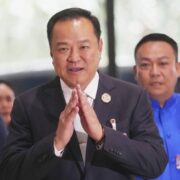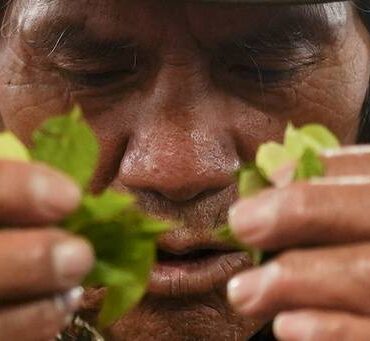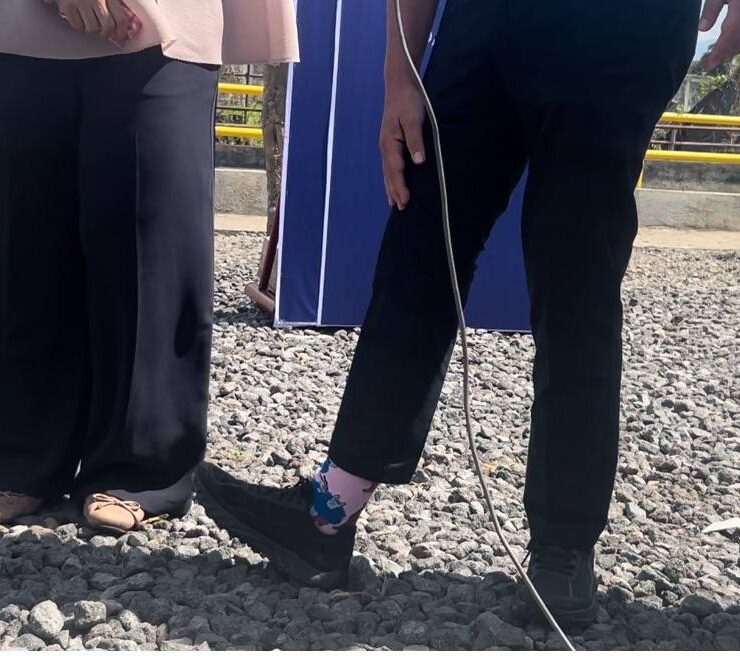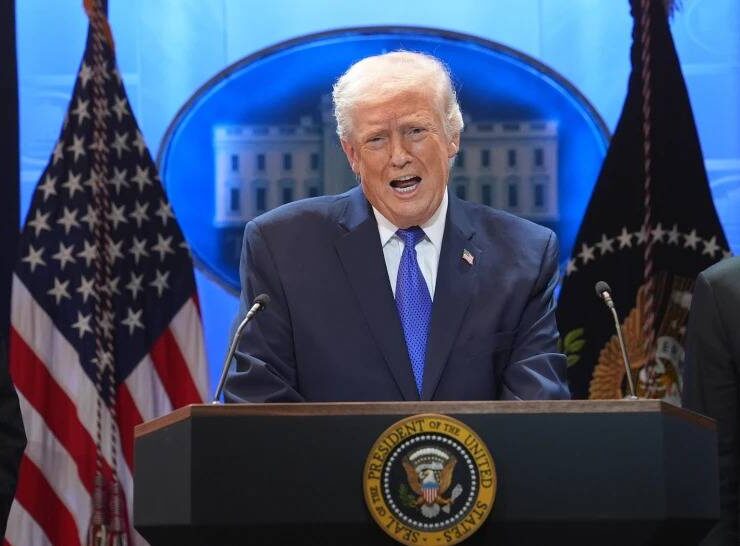Japan Prime Minister Shigeru Ishiba resigns
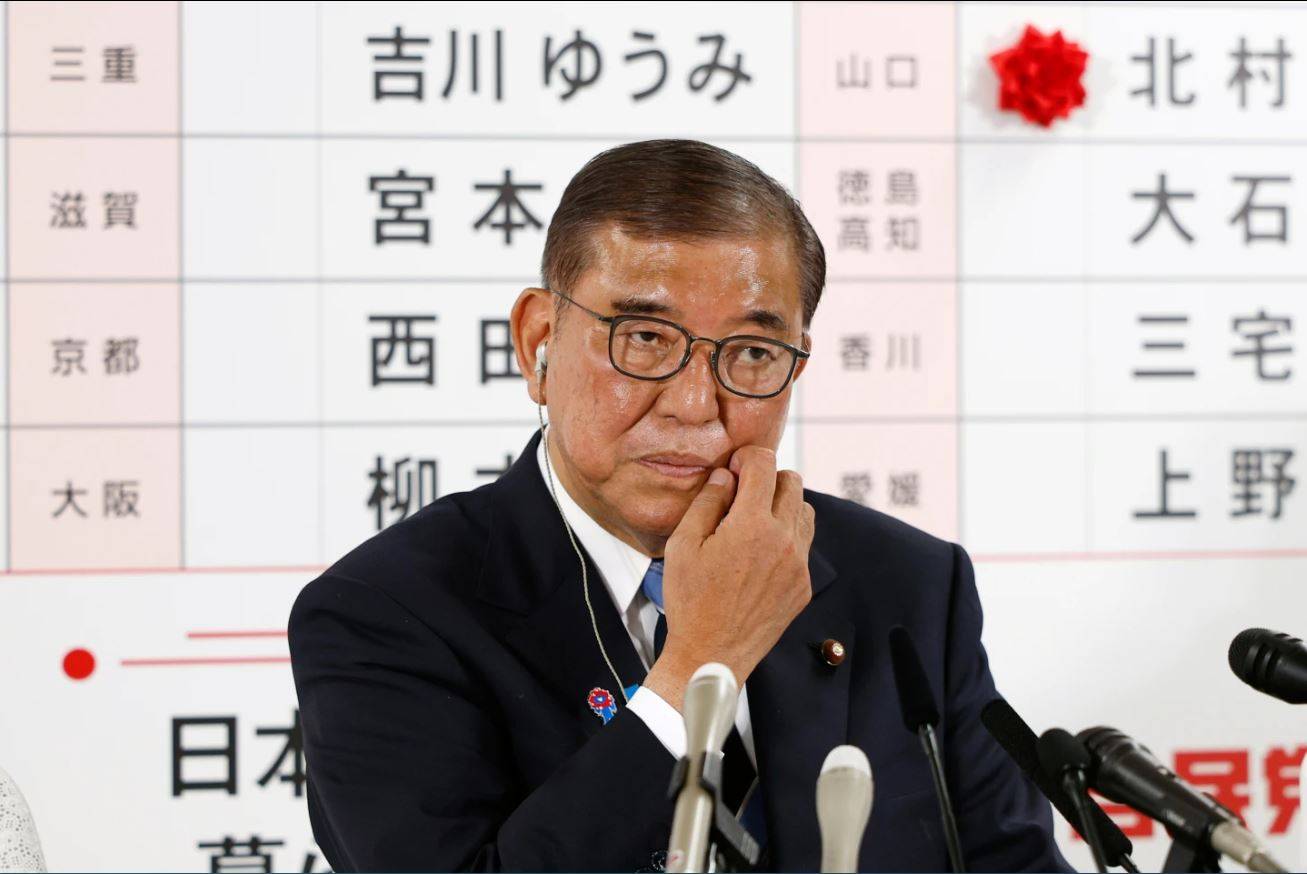
TOKYO—Japan’s Prime Minister Shigeru Ishiba announced on Sunday he will step down following growing calls from his party to take responsibility for a historic defeat in July’s parliamentary election.
Ishiba, who took office in October, had resisted demands from mostly right-wing opponents within his own party for more than a month.
The resignation comes one day before his Liberal Democratic Party (LDP) will decide whether to hold an early leadership election—a virtual no-confidence motion against him if approved.
Ishiba said he would start a process to hold a party leadership vote to choose his replacement and that there was no need for Monday’s decision.
He earlier said that he intended to step down to prevent the party from getting divided further, NHK said. If he had stayed on, he would have inevitably struggled to manage his divided party and minority government.
In July, Ishiba’s ruling coalition failed to secure a majority in the 248-seat upper house in a crucial parliamentary election, further shaking the stability of his government. The loss added to an earlier election defeat in the lower house, where the party-led coalition also had lost a majority.
His decision came after his meeting on Saturday with Agriculture Minister Shinjiro Koizumi and his perceived mentor, former Prime Minister Yoshihide Suga, who apparently suggested Ishiba’s resignation ahead of Monday’s vote.
Political vacuum
He had previously insisted on staying, stressing the need to avoid a political vacuum at a time Japan faces big challenges, including US tariffs and their impact on the economy, rising prices, rice policy reforms and growing tension in the region.
Since the LDP’s last week adoption of its review of the election loss, which called for “a complete overhaul” of the party, requests for an early leadership vote or for Ishiba’s resignation before Monday’s results have gained traction.
A conservative heavyweight Taro Aso, known for his anti-Ishiba stance, and a minister and several deputy ministers in the Ishiba Cabinet have requested an early vote, prompting others to follow suit.
Distracted
Former Health Minister Norihisa Tamura told an NHK talk show earlier Sunday that the best way to stop the party divide and move forward is for Ishiba “to settle” the dispute before Monday’s vote, urging his resignation. The party has already been distracted from necessary work on economic measures and on figuring out ways to gain opposition support in the next parliamentary session, Tamura said.
With Ishiba stepping down as party leader, the LDP is expected to set a date for its party presidential election, likely to be held in early October.
Possible candidates include Koizumi, as well as ultra-conservative former Economic Security Minister Sanae Takaichi, Chief Cabinet Secretary Yoshimasa Hayashi, a moderate and the protege of former Prime Minister Fumio Kishida.
Lacking a majority in both houses, the next LDP leader will have to work with the main opposition parties to get bills passed, experts say, or else face constant risks of no-confidence motions.
The opposition parties, however, are too splintered to form a big coalition to topple the government.













